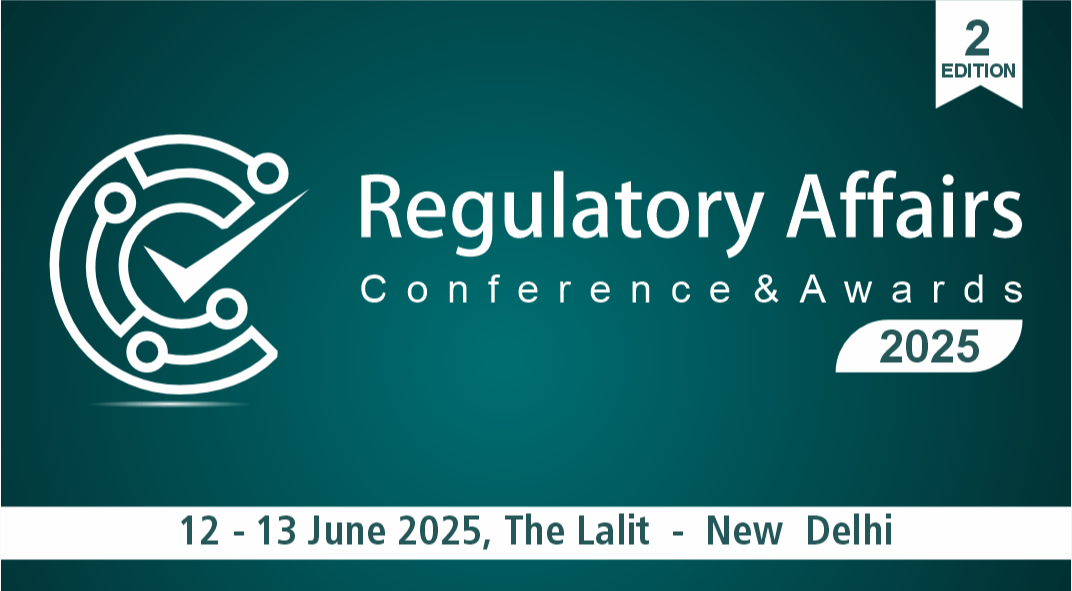

Currently India has 27,000 megawatts of thermal power under construction. About 12,000 megawatts which have been bid out. About 19,000 megawatts are under various stages of clearances. By 2030, India will have added 90 gigawatts. In renewable, India already has a renewable energy capacity of 181,000 megawatts. We now have 1,30,000 megawatts under construction. We have about 71,000 megawatts under bid. In hydro, we have about 18,000 megawatts under construction. We also have about 15,000 megawatts which are under surveys and investigation.
1,89,052 circuit kilometres (ckm) of transmission lines, 6,88,142 MVA of Transformation capacity and 80,590 MW of inter- regional capacity have been added, connecting the whole country into one grid running on one frequency with the capability of transferring 1,16,540 MW from one corner of the country to another.
Meeting these goals will lead to huge regulatory challenges for Power producers in India.
The power sector in India is heavily regulated by various government agencies and bodies at both the central and state levels due to its critical role in providing electricity, which is essential for economic development, public welfare, and national security. Central Electricity Regulatory Commission (CERC) and State Electricity Regulatory Commissions (SERC) regulate tariff for generation, supply, transmission and wheeling of electricity. Central Pollution Control Board (CPCB), State Pollution Control Boards (SPCB) are responsible for implementation of legislations relating to prevention and control of environmental pollution.
Regulatory affairs in the power sector are vital for ensuring compliance with regulations, navigating complex regulatory environments, and shaping policies that promote the efficient, reliable, and sustainable generation, transmission, and distribution of electricity.
The Power sector regulatory affairs deal with the regulatory requirements for setting up and running of Power Plants. This field is facing a myriad of forces impacting all aspects of the growth and development of the Power sector. Changes in global megatrends, such as geopolitical shifts and the rise of the green economy, have emphasised the importance of power security, and reducing the environmental impacts it brings. An ever-increasing population has meant that India has always had a great demand which supply has been unable to meet effectively. However, rapid changes due to advances in technology, digital disruption, and innovative solutions means India will not only meet that demand but in fact be able to export the excess.
Addressing these regulatory challenges requires coordinated efforts by policymakers, regulators, industry stakeholders, and civil society to create an enabling environment for sustainable and resilient power generation in India. Regulatory reforms, policy incentives, technological innovations, and capacity-building initiatives are essential to overcome these challenges and drive the transition towards a cleaner, more efficient, and inclusive energy sector.
Environmental Regulations
Power plants in India are subject to stringent environmental regulations aimed at reducing air and water pollution, conserving natural resources, and mitigating climate change. Compliance with emission norms for pollutants such as sulfur dioxide (SO2), nitrogen oxides (NOx), particulate matter (PM), and mercury poses significant challenges for both existing and new power plants. Ensuring compliance with emission limits requires investment in pollution control technologies and continuous monitoring of emissions.
Land Acquisition and Permitting
Acquiring land for power plant construction and obtaining necessary permits and approvals from government authorities can be time-consuming and complex processes in India. Delays in land acquisition and permitting can lead to project delays, cost overruns, and operational challenges for power plant developers.
Fuel Supply and Pricing
Availability and pricing of fuel, particularly coal and natural gas, are critical challenges for thermal power plants in India. Dependency on imported coal and fluctuating fuel prices can affect the economics of power generation and lead to financial stress for power producers. Policy interventions and regulatory reforms to ensure reliable fuel supply, promote domestic coal production, and stabilize fuel prices are essential to mitigate these challenges.
Renewable Energy Integration
The rapid growth of renewable energy sources, such as solar and wind power, presents integration challenges for conventional thermal power plants in India. Variability and intermittency of renewable energy generation require thermal power plants to operate flexibly to maintain grid stability and balance supply and demand. Regulatory frameworks and grid infrastructure upgrades are needed to facilitate the seamless integration of renewable energy into the power grid.
Water Availability and Cooling Technologies
Water scarcity and environmental concerns related to water consumption and discharge are significant challenges for thermal power plants, particularly those using once-through cooling systems. Compliance with water usage norms and adoption of water-efficient cooling technologies, such as dry cooling or hybrid cooling systems, require regulatory support and investment in infrastructure upgrades.
Financial Viability and Tariff Regulations
Regulatory uncertainty, tariff regulations, and payment delays by state-owned distribution utilities pose financial challenges for power plant developers and investors in India. Ensuring a stable regulatory framework, timely tariff revisions, and enforcement of payment mechanisms are essential to attract investment and maintain the financial viability of power projects.
Grid Infrastructure and Transmission Constraints
Inadequate grid infrastructure and transmission constraints affect the evacuation of power from generating stations to consumption centers, leading to grid congestion and curtailment of power generation. Regulatory reforms and investments in grid modernization and transmission infrastructure are necessary to address these challenges and enhance grid reliability and efficiency.
Compliance and Enforcement
Effective enforcement of regulatory standards, monitoring mechanisms, and compliance inspections are critical to ensuring that power plants adhere to environmental, safety, and operational regulations. Strengthening regulatory capacity, enhancing transparency, and imposing penalties for non-compliance are essential for maintaining regulatory integrity and promoting responsible operation of power plants.
These policies and regulations shape the operating environment for power plants in India, influencing investment decisions, technology choices, operational practices, and compliance requirements across the power sector
Electricity Act, 2003
The Electricity Act governs the generation, transmission, distribution, trading, and use of electricity in India. It aims to promote competition, efficiency, and sustainability in the power sector through measures such as open access, renewable purchase obligations (RPOs), and regulatory oversight.
National Electricity Policy, 2005
The National Electricity Policy provides guidelines and objectives for the development of the power sector in India. It emphasizes the promotion of renewable energy, energy efficiency, environmental sustainability, and universal access to electricity.
National Action Plan on Climate Change (NAPCC)
The NAPCC outlines India's strategy for addressing climate change and promoting sustainable development. It includes initiatives such as the National Solar Mission, National Mission for Enhanced Energy Efficiency, and National Mission on Sustainable Habitat, which impact power generation and consumption patterns.
Renewable Energy Policies
Various policies and programs promote renewable energy development in India, including the National Solar Mission, National Wind Energy Mission, National Bioenergy Mission, and state-level renewable energy policies. These policies provide incentives, subsidies, and regulatory support to encourage investment in renewable energy projects.
Energy Conservation Act, 2001
The Energy Conservation Act aims to promote energy efficiency and conservation measures across sectors, including power generation, transmission, and distribution. It mandates energy audits, labeling of appliances, energy consumption standards, and energy conservation building codes.
Environmental Regulations
Power plants in India are subject to environmental regulations aimed at minimizing pollution and protecting natural resources. Key regulations include the Environmental Impact Assessment (EIA) Notification, Air (Prevention and Control of Pollution) Act, Water (Prevention and Control of Pollution) Act, and Hazardous Waste Management Rules.
Coal Mining and Coal Allocation Policies
Policies related to coal mining, allocation, and pricing impact coal-based power generation in India. The Coal Mines (Special Provisions) Act, 2015, and the Coal Mines (Nationalization) Act, 1973, govern coal mining activities, while coal allocation policies influence the availability and cost of coal for power plants.
Power Purchase Agreements (PPAs)
PPAs between power producers and distribution utilities or consumers govern the sale and purchase of electricity generated by power plants. PPAs often include provisions related to tariffs, payment mechanisms, capacity utilization factors, and renewable energy purchase obligations.
Tariff Regulations
ower tariffs for different categories of consumers, including industrial, commercial, and residential, are regulated by state electricity regulatory commissions (SERCs) and the Central Electricity Regulatory Commission (CERC). Tariff regulations impact the revenue streams and financial viability of power plants.
Grid Connectivity and Interconnection Regulations
Regulations govern the technical and commercial aspects of grid connectivity and interconnection for power plants, ensuring seamless integration into the electricity grid and efficient operation of the power system.
Two day conference + AWARDS on Regulatory Affairs for Power Sector is scheduled on 12 - 13 June 2025, The Lalit - New Delhi. It aims to address the challenges faced by the Regulatory Department of Utility and Captive Power Plants in India.
This Regulatory Department is involved in the management of regulatory policies, compliance, and interactions with government agencies, industry organisations, and stakeholders.
However, understanding the norms and regulations is always a challenge. By bringing the key stakeholders together we aim resolve these challenges and help the Power Producers to meet all regulatory norms.
- Conference FOCUS AREA -
Environmental Regulations - Permitting and Licensing - Renewable Energy Requirements - Energy Efficiency Standards - Carbon Pricing and Emissions Trading - Reporting and Monitoring - Stakeholder Engagement and Public Disclosure
licensing and permissions - Environmental Impact Assessment (EIA) - Permitting Process - Air Emissions Permits - Water Permits - Land Use and Zoning Approvals - Grid Connection Approval - Public Consultation and Stakeholder Engagement - Construction Permits - Operational Licenses and Certifications
Cost of Service Regulation - Rate of Return Regulation - Performance Based Regulation - Feed in Tariffs (FITs) - Net Metering and Distributed Generation Tariffs - Time of Use (TOU) Tariffs - Market Based Pricing - Regulatory Oversight and Review
Pre Application Studies - Interconnection Request - System Impact Study - Facility Study - Construction and Commissioning - Grid Code Compliance - Operation and Maintenance -
Compliance Reporting - Compliance Audits - Corrective Actions and Follow-Up
Air Pollution Control Technologies - Carbon Capture, Utilization, and Storage (CCUS) - Renewable Energy Integration - Energy Efficiency Improvements - Smart Grid and Energy Storage - Advanced Monitoring and Control Systems - Digitalization and Data Analytics

Policy Compliance
Licensing and Permissions
Tariff Regulations
Grid Interconnection
Compliance Reporting and Audits
Technologies and Innovations
Risk Management
- Regulators & Policy Makers
- Regulatory & Legal Department of Utilities and Power - Producers
- Lawyers & Law Firms
- Industry Bodies and Business Chambers
- Research Institutes & Academia
- Environmentalists
- Technocrats & Consultants
- Policy Compliance
- Licensing and Permissions
- Tariff Regulation
- Grid Interconnection
- Compliance Reporting and Audits
- Technologies and Innovations
- Risk Management
- India's only conference on Regulatory & Legal for Power Sector
- Special focus on Coal, Lignite, Gas, Hydro & Renewables.
- Opportunity to meet all stakeholders in Regulatory & Legal.
- 2 Days of Value Packed Interactive Sessions
- Exclusive Regulatory Compliance Awards
- 25+ Technical Presentations
- 4+ Industry Case Studies
- 100+ Participants
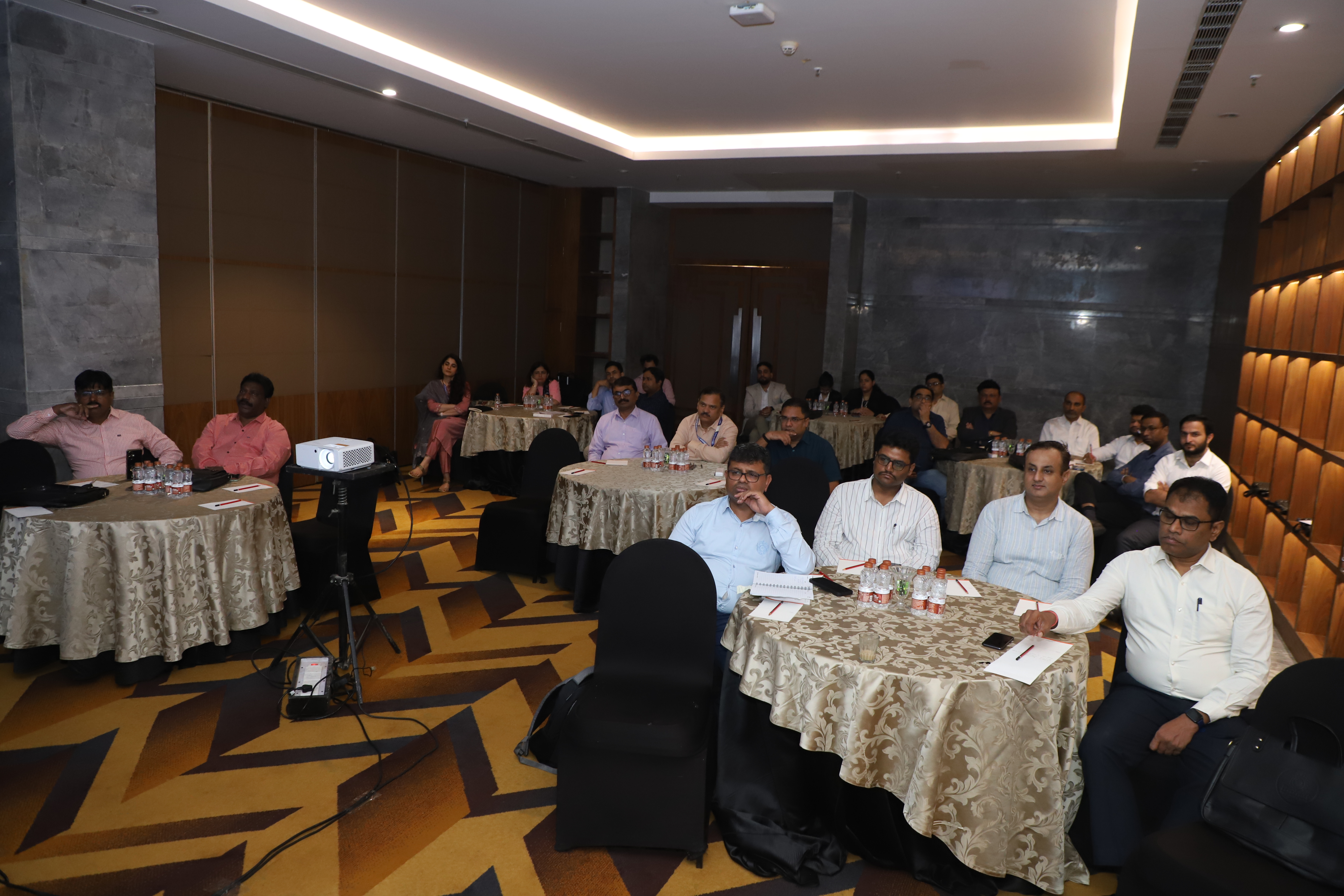
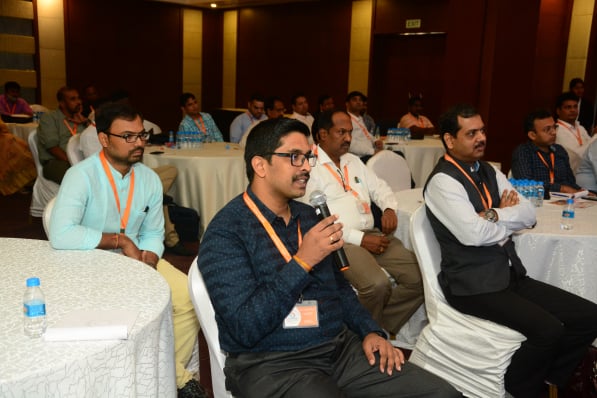
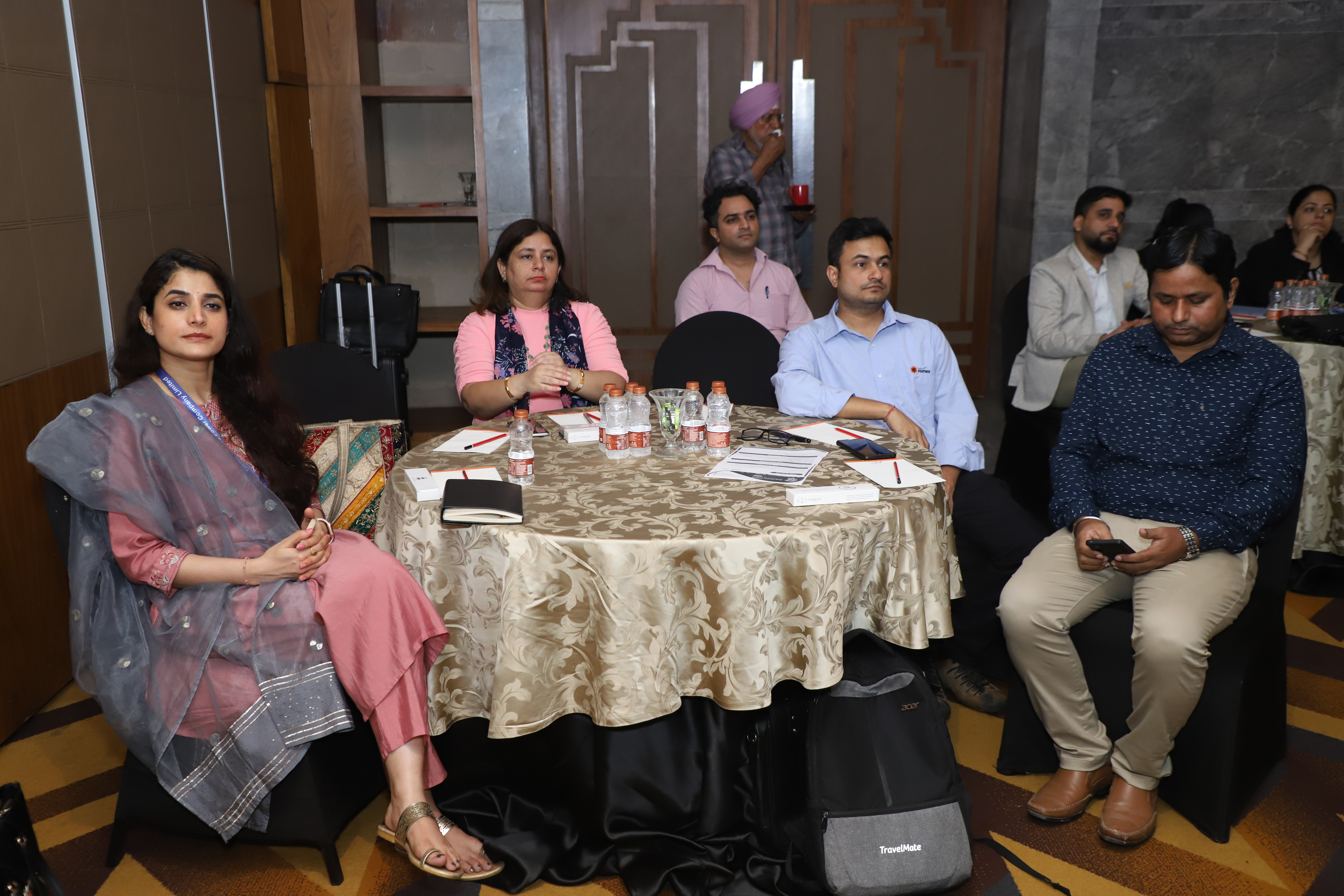
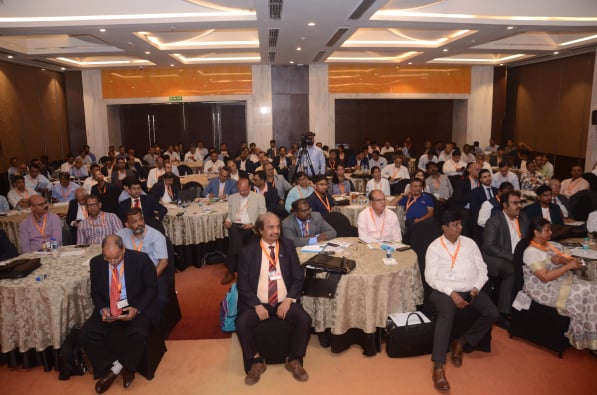

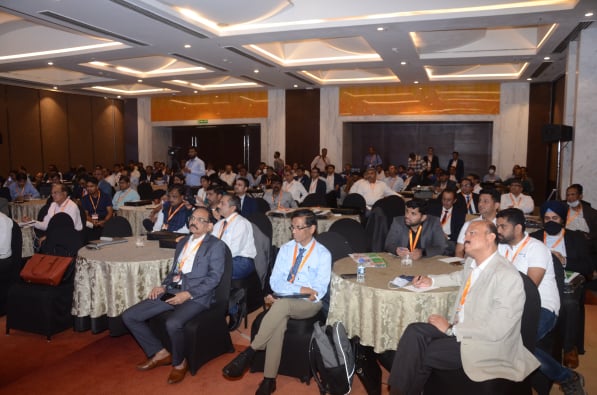
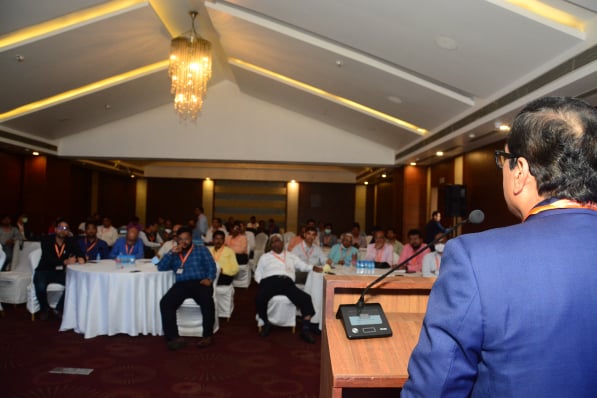
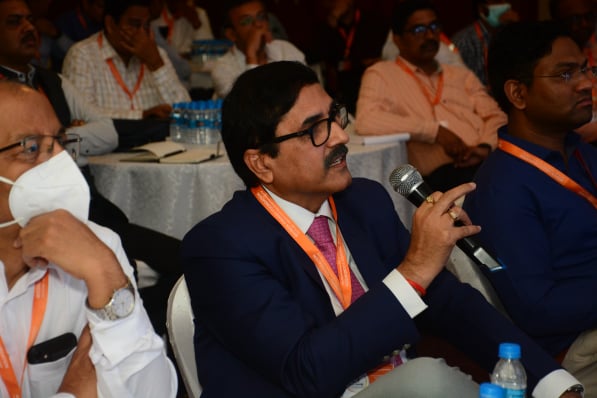
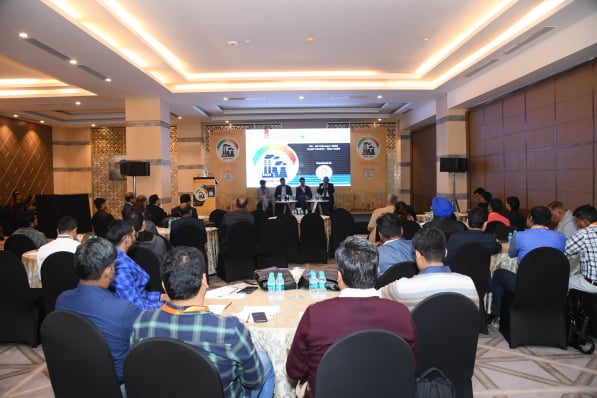
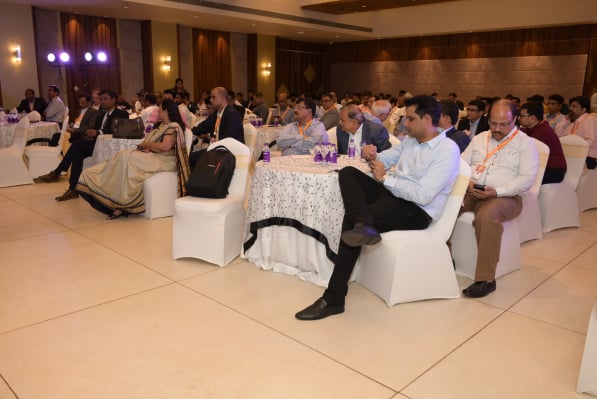
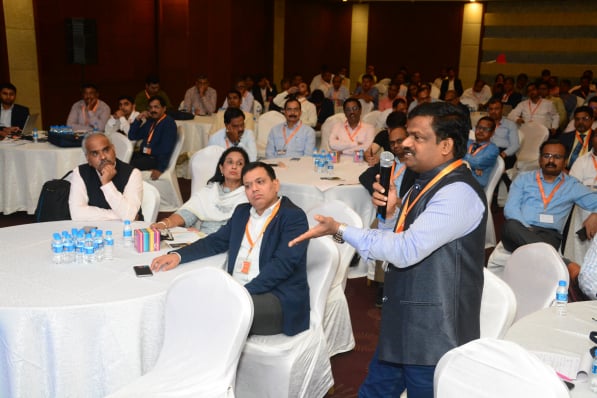
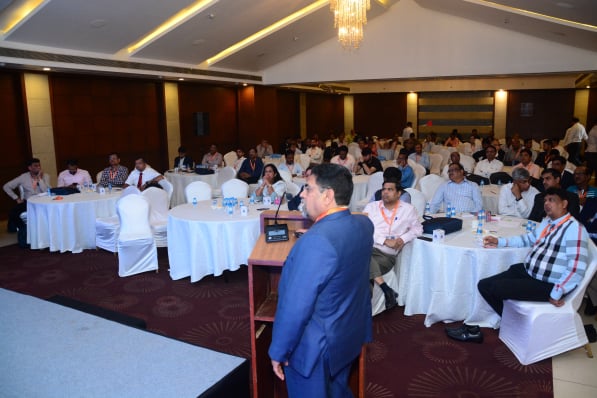
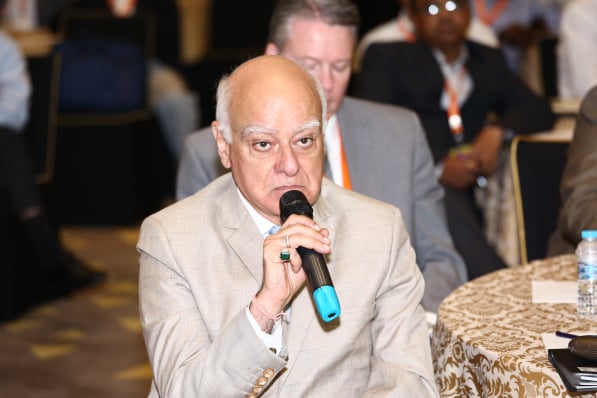
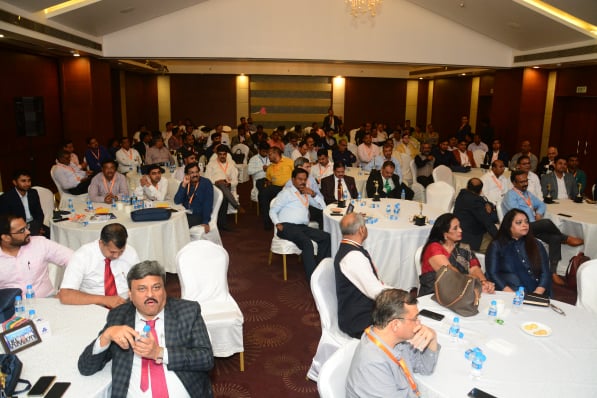
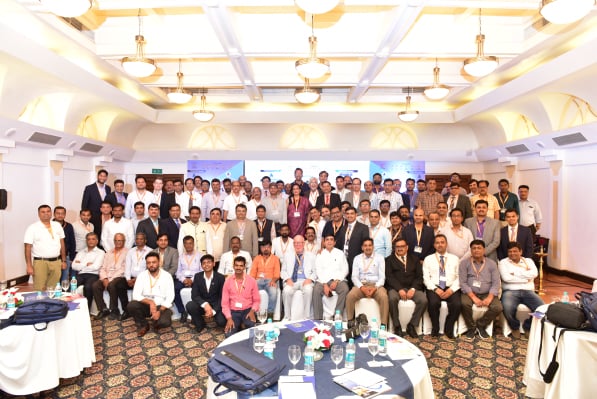
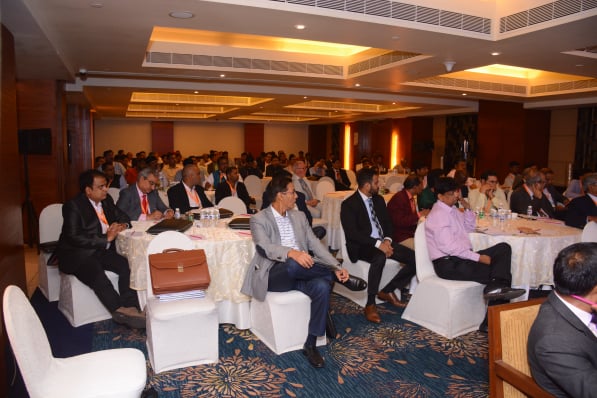
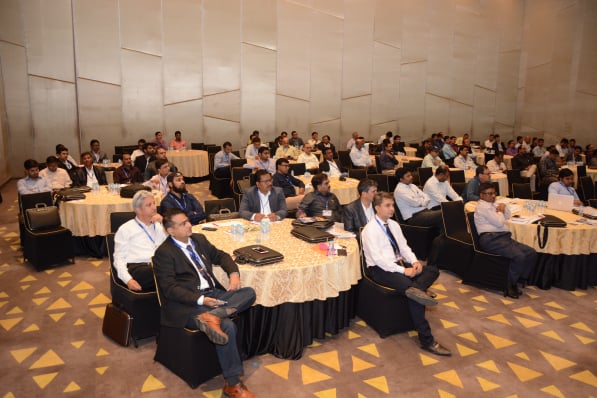
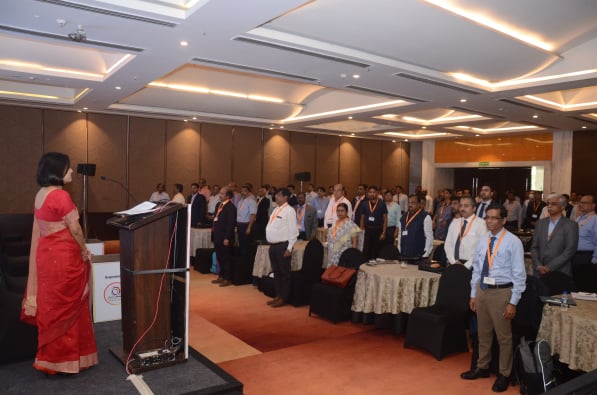
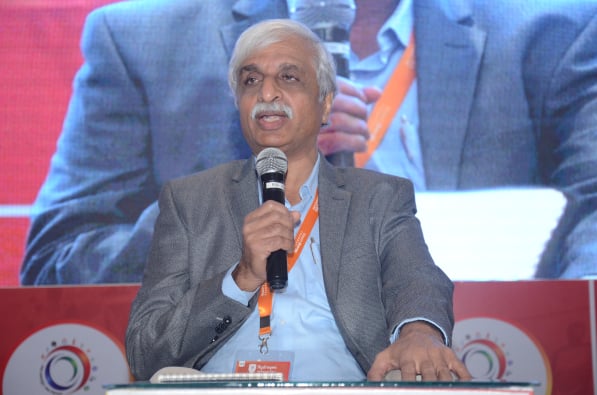
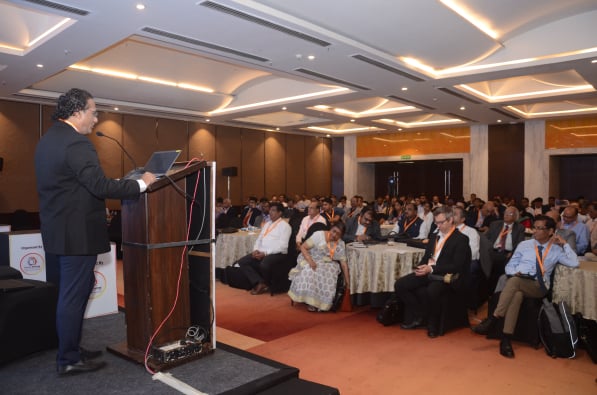

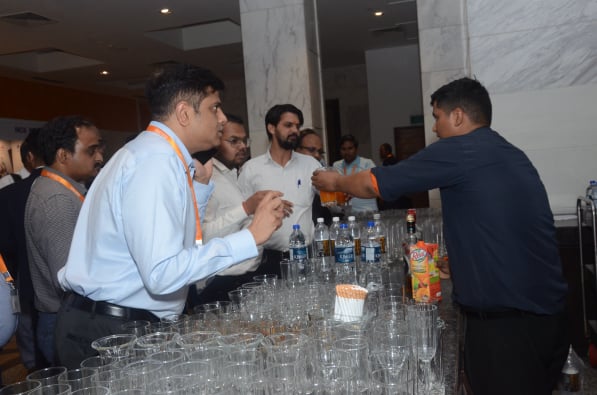
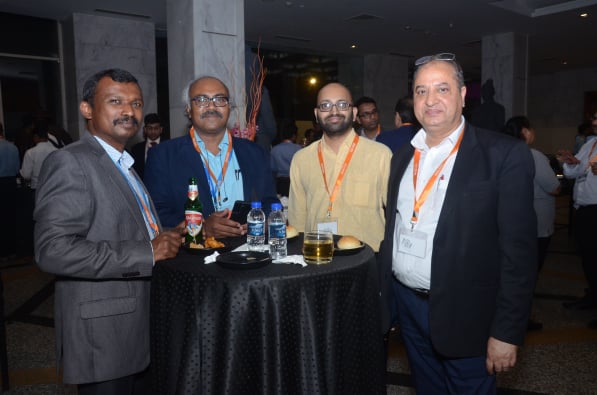
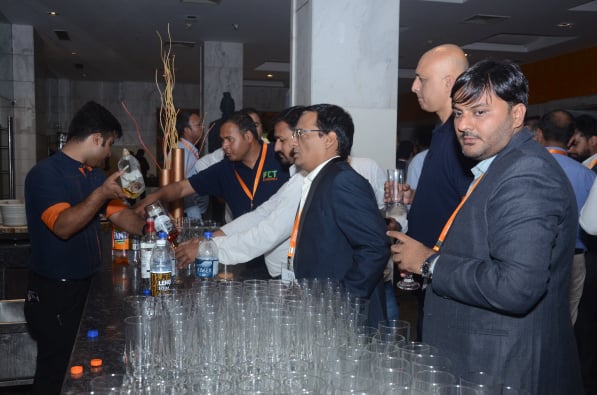
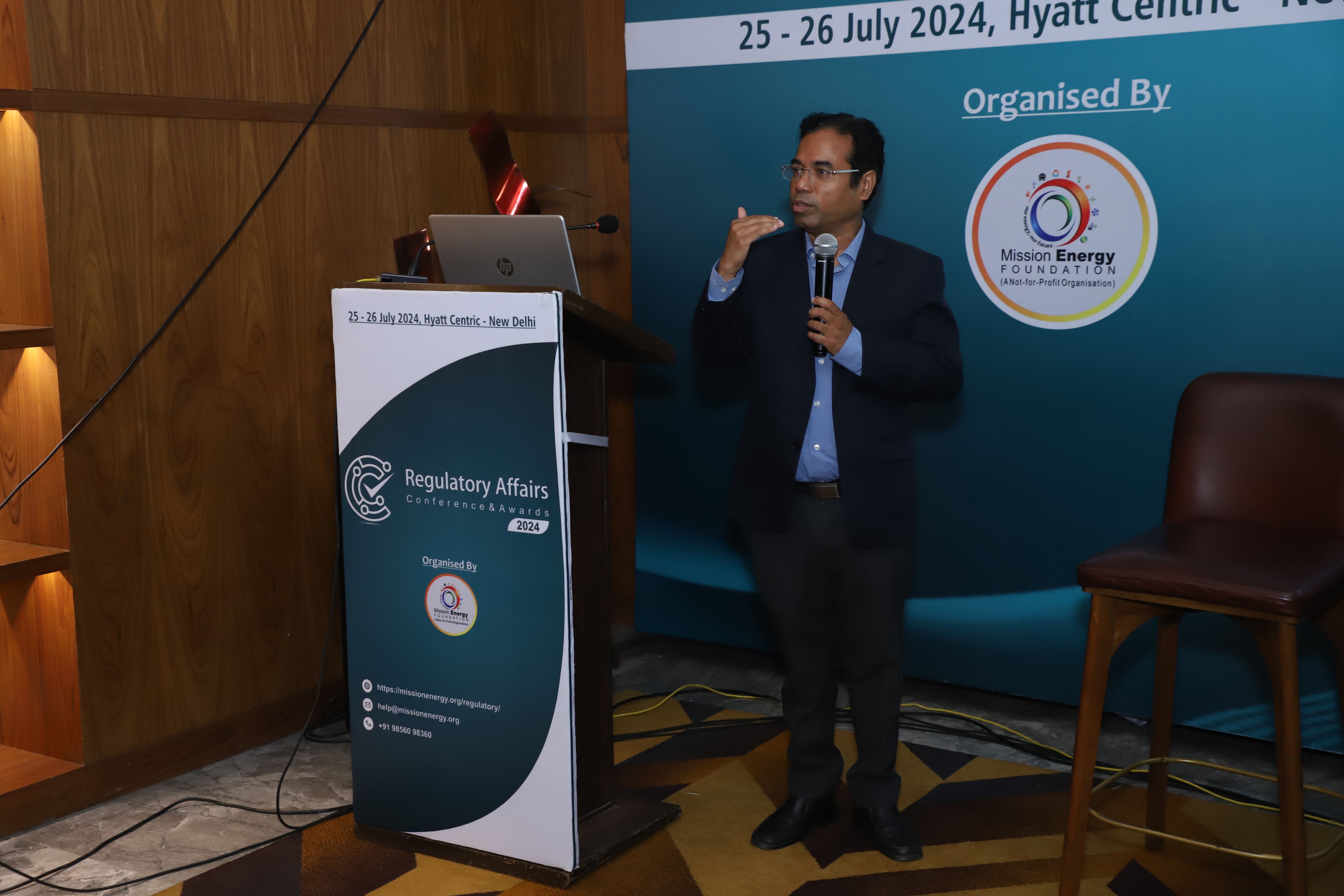
Type Text
Thursday, 12 June 2025
08.30 - 09:20 - Registration & Welcome Tea
09:20 - 09:30 - Organiser Welcome Address
09:30 - 10:30
Power Sectors Regulatory Reforms: Implications on Future Electricity Transactions
Arun Goyal, Former Member - Central Electricity Regulatory Commission
Manju Gupta, Dy COO & Executive Director - Central Transmission Utility of India Limited
Vikram Singh, Chief Engineer Regulatory Affairs - Central Electricity Authority
Anand Sagar Pandey, GM (Commercial) - NTPC Limited
10:30 – 11:00 - Networking Tea Break
11:00 – 13:00
Managing Financial Compliance & Regulations: Theory Vs Practices
Tushar Goyal, Vice President, Regulatory Affairs and Policy Advocacy - ACME Group
Sanjay Bhargava, Head - Commercial & Regulatory Power Business - Prayagraj Power Generation Company Limited
Saunak Dey, AVP - Jindal India Power Limited
Pinkesh Kumar, Head of Regulatory Affairs - IndiGrid Infrastructure Trust
13:00 – 14:00 - Networking Lunch Break
14:00 – 16:00
T&D Regulations: Helping Hand to India’s Energy Transition Goals
Rutvik Patel, Chief Compliance Officer & President - Corporate Affairs and Legal - TBEA
Sushil Kumar Soonee, Former Advisor - Grid Controller of India Limited
Prachi Jain, Head Regulatory Affairs - Chandigarh Power Distribution Limited
Somesh Kumar, Partner and Leader (Power & Utilities) - Ernst & Young Pvt Ltd
16:00 – 16:30 - Networking Tea Break
16:30 – 18:30
Technological Revolution & Evolving Next- Gen Regulations
Jayant Sinha, Senior Principal Consultant (Energy & Utilities) - EnTruist Power
Sanjit Kaur Batra, Group VP Legal - Cummins India
Bikram Singh, Executive Director - PTC India Limited
18.30 Networking Cocktail Dinner
Friday, 13 June 2025
09:30 - 10:30
Panel Discussion: Cybersecurity & Data Protection Regulations - Is it Need of the Hour
Moderator: Prashant Kokil - Advisor Environment and Climate Change
Samit Mandal, Senior GM (Commercial) - Damodar Valley Corporation
Syed M Bilal, Scientist ‘C’ - Central Pollution Control Board
Raj Singh Niranjan, Managing Partner – Trans India Law Associates
10:30 – 11:00 - Networking Tea Break
11:00 – 13:00
Emissions Reduction vs. Stakeholder Needs in a Shift to Regulatory Environment Goals
Syed M Bilal, Scientist ‘C’ - Central Pollution Control Board
Dr. Vinod K Verma, President Group Corporate Affairs - Hidalco Industries Limited
Karthik Nilagiri, AVP – Industry & Regulatory Affairs - Reliance Industries Limited
13:00 – 14:00 - Networking Lunch Break
14:00 – 15:30
Flexible Power Generation Vs Current Regulations
Vishal Sharma, Head of Corporate Affairs ,Policy & Advocacy - Sterlite Power
Jogendra Behera, Head Regulatory Affairs and Policy Advocacy - Apraava Energy
Samit Mandal, Senior GM (Commercial) - Damodar Valley Corporation
Raj Singh Niranjan, Managing Partner – Trans India Law Associates
15:30 – 16:00
The Ceremony - Regulatory Compliance Awards - 2025
16:00 - Vote of Thanks & Followed by Networking Tea Break


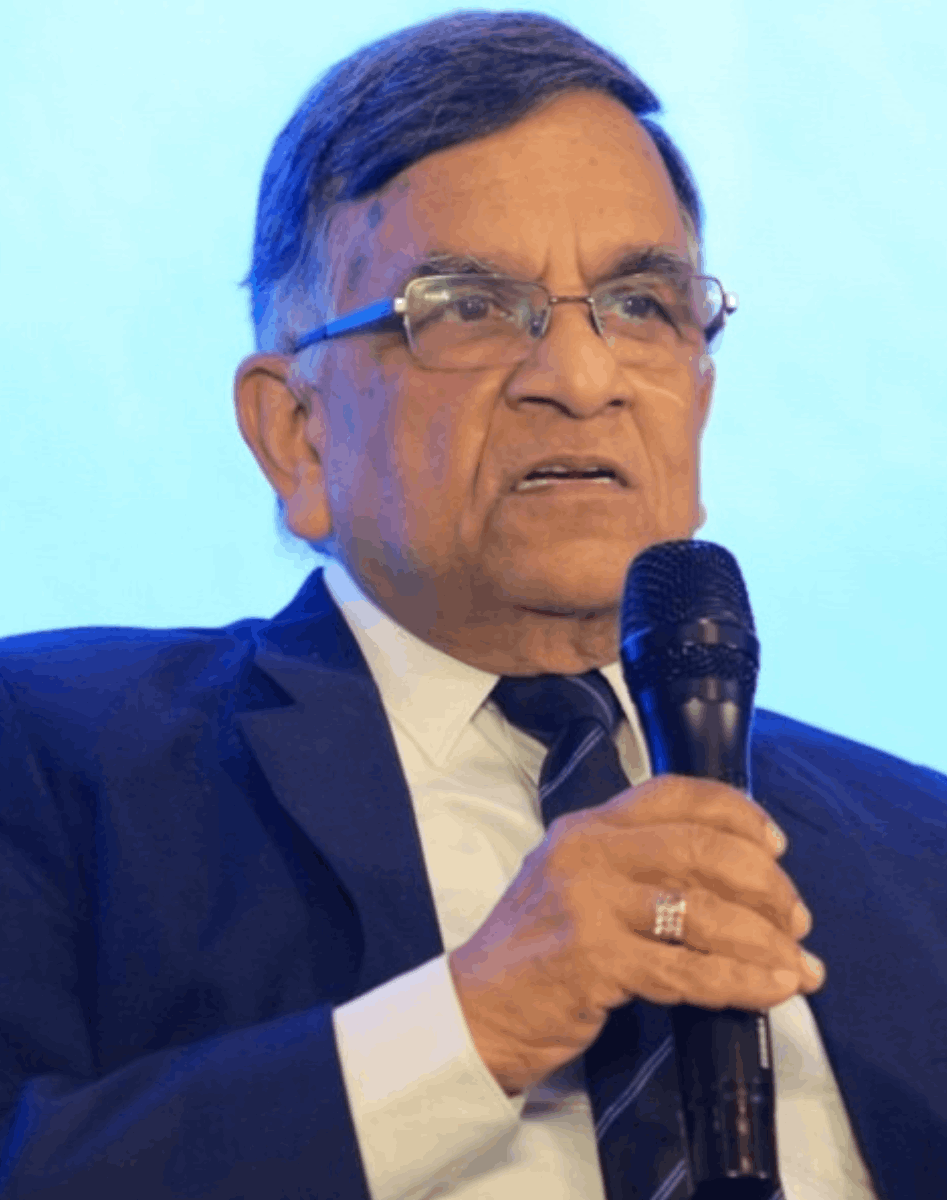





















Our aim is to deliver you an event that exceeds your expectations, thus becoming an integrated part of your annual marketing program.
Sponsoring Regulatory Affairs - 2025 will make your company stand out as a leader in this burgeoning industry and will leave a strong impression of your brand in key decision makers minds. Sponsors have an incredible amount of presence and it will not only give your company optimum exposure but also the opportunity for delegates to meet you and your executives to find out more about your role and business opportunities in the sector.
Why Sponsor?
Gain PUBLICITY with our advertising and promotional campaigns
Obtain DIRECT ACCESS to potential clients during and after with our meticulously prepared confidential delegate list
Receive a KEY SPEAKING POSITION to address an audience of top executives and decision makers from the industry
Create PERMANENT REMINDERS of your product or services in conference documentation
Profile yourself as INDUSTRIAL LEADER, as your corporate logo and profile will be featured prominently in event marketing collaterals
NETWORKING with the industries leading Government Officials, Senior Level Delegates and Experts
Achieve GREATER EXPOSURE and BRAND BUILDING through our partners and much more
Refer to the below tabular of varied sponsorship options and benefits.
7 Delegate Passes
Logo on Brochure Cover Page
Logo on Brochure Inside Page
Logo on Conference Backdrop
Logo on Registration Desk Backdrop
Logo on Conference Website
Corporate Banner in Networking Area
Merchandise Distribution
Screening of Company Film
Circulation of Company Literature
Thanking Announcements
Speaking Opportunity - Day 1
Panel Discussion Moderator
5 Delegate Passes
Logo on Brochure Cover Page
Logo on Brochure Inside Page
Logo on Conference Backdrop
Logo on Registration Desk Backdrop
Logo on Conference Website
Banner in Networking Area
Merchandise Distribution
Screening of Company Film
Circulation of Company Literature
Thanking Announcements
Speaking Opportunity - Day 2
Panel Discussion Panelist
3 Delegate Passes
Logo on Brochure Cover Page
Logo on Conference Backdrop
Logo on Conference Website
Circulation of Company Literature
Thanking Announcements
Panel Discussion Panelist
3 Delegate Passes
Logo on Brochure Cover Page
Logo on Conference Backdrop
Logo on Conference Website
Circulation of Company Literature
Thanking Announcements
Panel Discussion Panelist
1 Delegate Passes
Logo on Brochure Cover Page
Logo on Conference Website
Circulation of Company Literature
Thanking Announcements
Logo on Conference Backdrop
Logo on Conference Website
Thanking Announcements

President Partnerships & Legal Counsel
dalvi@missionenergy.org
+91 9769 310 944

If you are interested in speaking at the 2025 conference we are inviting you to put forward your presentation proposal for review by our international conference advisory board. Please note that not all submissions can be accepted but all will be considered ahead of the final submission deadline.
We encourage proposals from speakers with deep technical and practical expertise in all aspects of Regulatory Affairs / Compliance
Deadline For Paper Submission Friday, 15 March 2024
Proposals must be submitted by online speaker registrartion mode. If selected to speak, all presenters will be required to submit a presentation in PowerPoint format at least 2 weeks in advance of the conference to ensure guidelines are met.
If you have any questions, please contact
Janvion Rodrigues
Chief Production
janvion@missionenergy.org
+91 9992 830 831
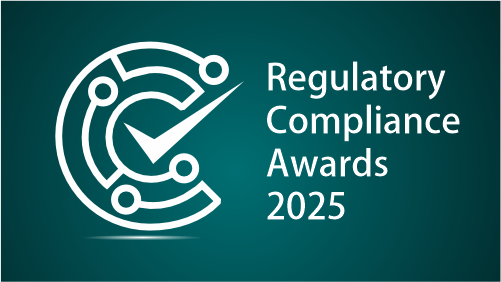
Mission Energy Foundation is proud to have honoured hundreds of innovative developments and solutions for excellence and sustainability among the utilities, small or large, who have demonstrated their efforts in generation of clean energy.
The Regulatory Compliance Awards have been established to recognize power plants that demonstrate exceptional commitment to regulatory compliance, environmental stewardship, and safety excellence. This award would celebrate power plants that go above and beyond regulatory requirements to ensure the highest standards of environmental protection, operational safety, and community engagement.
The Regulatory Compliance Award program would not only recognize and celebrate exemplary compliance efforts but also inspire continuous improvement, innovation, and best practices across the power generation industry. By showcasing leadership in regulatory compliance and environmental stewardship, award recipients can serve as role models and catalysts for positive change within the industry.
The Regulatory Compliance Awards – 2025, to catalyze significant and innovative practices in the energy sector, for facilitating compliance and sustainable growth of the Indian industry.







Evaluation Process
A 10 slide presentation must be submitted detailing the work done under the selected award category within a week from the date of online registration. Please attach copies of all supporting documents of claims made in the presentation. Only commissioned and live projects will be considered.
The Winners of The Regulatory Compliance Awards – 2025 shall be honored during the valedictory session of the conference on the second day i.e., 13 June 2025.
To participate as DELEGATE / nominate for AWARDS / be a SPEAKER fill and submit online form from the links below.
We will email you an digitally signed invoice along with necessary required documents for processing the payment. The original invoice (only on request) shall be sent to your postal address
Make online payment via our secured payment gateway using your credit card or NEFT or send Cheque / DD to our postal address.
Indian Delegate:
Non-Residential
INR 26500 + 18% GST
Residential
INR 51500 + 18% GST
Overseas Delegate:
Non-Residential
USD 650
Residential
USD 900
Group Discount
5% for 3+ Participants
10% for 7+ Participants
Indian Company:
Non-Residential
INR 36500 + 18% GST
Residential
61500+ 18% GST
Overseas Company:
Non-Residential
USD 950
Residential
USD 1250
Category Discount
5% for 2+ categories
10% for 5+ categories
Indian Speaker:
Non-Residential
INR 36500 + 18% GST
Residential
INR 61500 + 18% GST
Overseas Speaker:
Non-Residential
USD 950
Residential
USD 1250
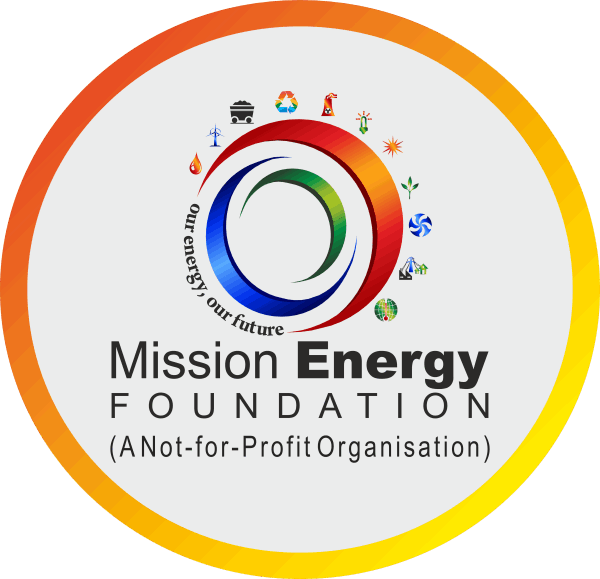
The Organisation
Mission Energy Foundation is a persistent, private, not-for-profit endeavour based in Mumbai, India. We are registered under sec 25 (1), 80G & 12AA respectively.
The Begining
A single man army with its mission to build platforms of discussion, exchange knowledge among industry professionals on core issues pertaining to growing energy sector.
GOAL
Mission Energy Foundation is a micro-enterprise initiative that strives to spread knowledge in the globalising energy sector. We educate and spread technology awareness through ongoing contacts and discussions with the public and industry concerning what the future of the growing energy sector should be...
Today
A human asset working together as one endeavour that expertise in organising and delivering successful international summits involving who's who from Entrepreneurs to Academicians to Government Authorities to Technology Providers to Consultants to Industry Professionals from the growing energy sector globally.

The Lalit - New Delhi
Barakhamba Avenue, Connaught Place
New Delhi-110001
+91 11 4444 7777